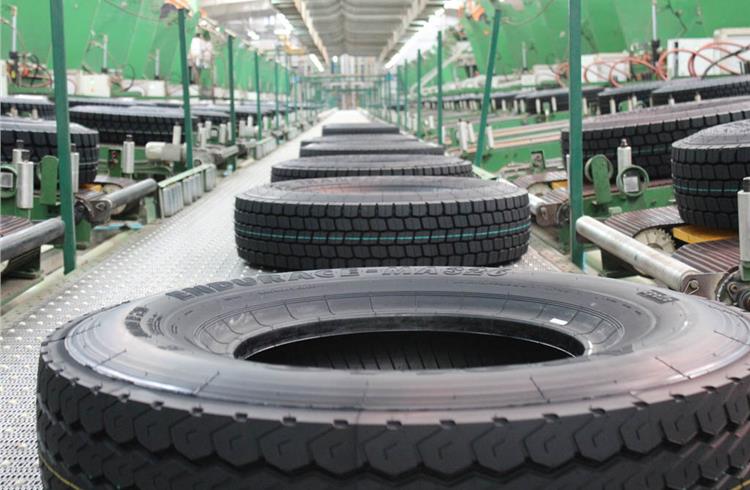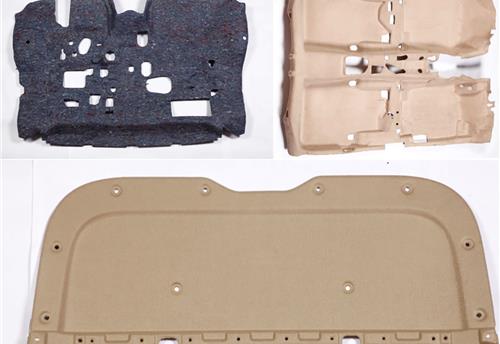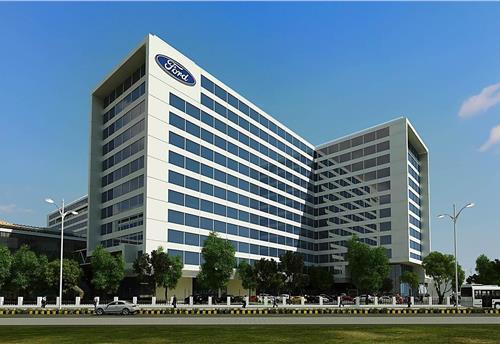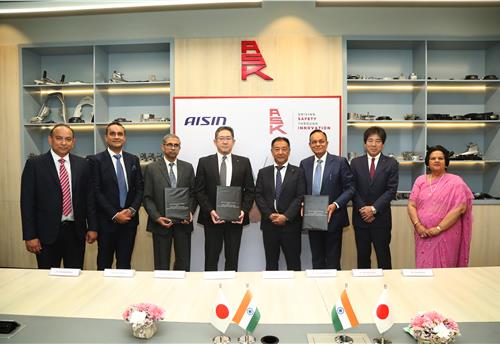Tyre industry to grow around 10% in FY2018: ICRA
ICRA foresees strong growth in the Indian tyre industry on the back of pick-up and robust growth across all industry sub-segments.
The Indian tyre industry is expected to post a higher volume growth of 8-10 percent in FY2018, supported by robust growth pick-up across all industry sub-segments, states an ICRA research note.
The growth will be supported by improving demand, rising exports and lower imports, along with automobile production expected to rise strongly by more than 14 percent, up from 5.2 percent in FY2017 and 3.2 percent in FY2016.
It further states that it sees a strong traction in OEM volumes during April 2017-January 2018 coupled with the traction in replacement markets after the GST upheaval. The volume growth estimates for tyres has been scaled up from an earlier 7-8 percent to 8-10 percent.
Subrata Ray, senior group vice-president, Corporate Sector ratings, ICRA said: “With stronger than expected volume uptick in M&HCV tyres (OEM and replacement segments), tyre tonnage demand is estimated to grow by around 8 percent (up from 7 percent). In unit terms, truck and bus (T&B) replacement demand is expected to grow by 4-5 percent during FY2018, up from the 3 percent de-growth in FY2017, supported by pickup in infrastructure activity around the county. ICRA’s five-year volume estimations indicate that FY2019-20 would continue to be strong years for the industry. While radialisation in T&B would promote higher re-treading and therefore could lead to slower demand for new tyres, benefits from the visible trend towards higher tonnage multi-axle vehicles with increasing number of tyres will support T&B volumes.”
Exports
USA, Germany and the UAE are expected to remain the key destinations while South American markets show a strong recovery. It said exports (in volumes) grew by 12 percent during 8-month period in FY2018, riding on the healthy demand across product segments, mainly the premium tyres.
The export volumes are estimated to grow by 10-12 percent for FY2018 and around 8-9 percent during FY2019-22 with favourable demand outlook and rising competitiveness of Indian tyre makers, both in terms of quality and pricing. However, ICRA says that low- cost Chinese tyres in the overseas markets, especially after the removal of ADD by USA on Chinese tyres in February 2017, remained a key challenge.
Imports
As for imports, the same have declined by 31 percent (volume-wise) in FY2018 post-demonetisation and re-imposition of Anti-dumping duty (ADD) on import of new Chinese Truck and Bus radial (TBR) tyres, for a period of five years effective from September 18, 2017. In a further boost to the domestic TBR players, the customs duty on TBR imports has been increased from 10 percent (effective duty on imports from several countries under various free trade agreements results in a lower rate of around 0-9 percent) to 15 percent in the Union Budget of 2018-19. The 500 basis points increase in import duty will further curtail the import of Chinese TBR tyres benefiting the domestic T&B tyre manufacturers.
ICRA sees capacity addition likely to continue in the industry given the large cash balances, strong accrual position and favourable demand scenario. It says that players have lined up around Rs 25,000 crore of incremental cape expenditure plans over the next five years.
The tyre industry revenues grew by a sharp 18.6 percent (Y-o-Y) during Q3FY2018 compared to 12.6 percent growth in the preceding quarter. ICRA says while this comes on a fairly lower base (demonetisation impacting demand in Q3FY2017), the quarter also witnessed a strong growth in sales volumes across product categories, especially in the OE segments despite subdued realisations.
The industry-wide operating margins slipped sharply in Q1FY2018 to four-year lows of around 8 percent following the sudden spike in both domestic and global natural rubber (NR) prices and higher than normal NR stocking by auto OEs during February/March 2017. However, the margins improved in Q3 FY2018 as NR prices have declined sharply in the last four-months ending February 2018 and have remained in the range of around Rs 125-130/kg. The global NR prices continue to trade at a discount of around 14 percent averaging at Rs 117kg for 11 months of FY2018. Over the next three months, ICRA expects the domestic NR prices to trend in the range of Rs 130-140kg.
Amongst other key inputs, the prices of crude derivatives have been gradually rising in recent months, albeit with a lag. After a 33 percent jump in crude oil priced between October 2017 and January 2018 declined by around 5 percent in February 2018, saw higher US shale oil production in recent months. The prices of synthetic rubber (SR) increased by 29 percent, carbon black (CB) up by 35 percent, and caprolactum by 14 percent. Overall, ICRA expects the prices of crude derivatives to rise by over 20 percent in Q4 FY2018 due to the time lag effect of the oil prices increase and CB shortage issues. Further, with the additional cess on customs duty of imported products, input costs on imported raw materials are expected to increase from April 2018, though it is expected to be largely passed on, and higher RM costs will impact the operating margins of players.
“We expect the industry (represented by ICRA’s sample of seven major tyre companies) to grow by 10-12 percent (value) during FY2018 supported by strong volumes from OEMs, price hikes (Jan-May’17), pick-up in replacement demand and benefits of the ADD implementation on Chinese TBR in September 2017 which led to a pickup in sales for domestic companies. Operating margins are estimated to contract to around 13 percent in FY2018 before stabilising at around 14 percent during FY2019-22. Despite heavy capex in the coming five years (FY2018-22), the industry is expected to fund the same from the significant pile of accruals during the past three years, leading to a stable credit profile for the industry,” concluded Ray.
RELATED ARTICLES
Uniproducts India targets 15% growth till FY2027, eyes new EV OEMs for NVH parts
The Noida-headquartered company, which is a leading manufacturer of roof liners, floor carpets, sound insulation materia...
Ford to build more EV software capability at Chennai tech hub
Ford Business Solutions India, which currently employs 12,000 personnel set to add 3,000 more; Ford, which is known to b...
ASK Automotive to set up JV with Aisin to sell aftermarket parts for cars
Ask Automotive will have 51% of the equity of the joint venture to be set up with Aisin Asia (Thailand) Company and Aisi...





 By Autocar Pro News Desk
By Autocar Pro News Desk
 05 Mar 2018
05 Mar 2018
 11249 Views
11249 Views









